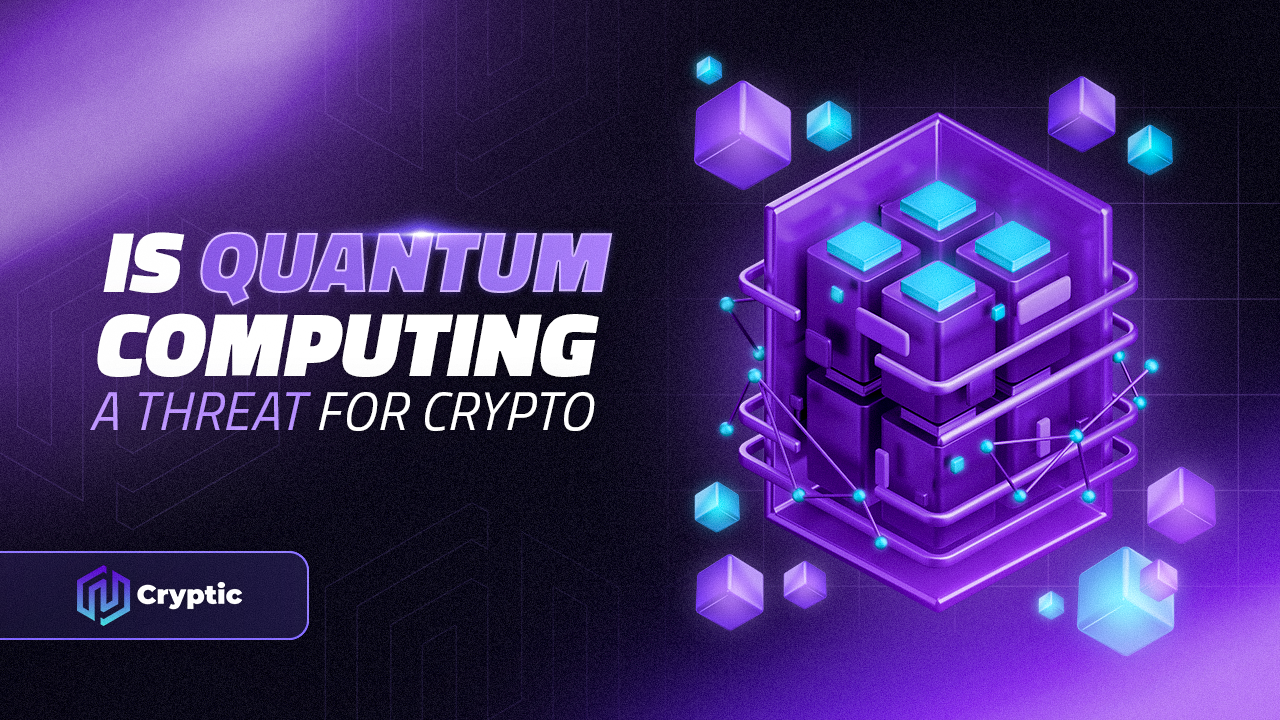
The world of cryptocurrency has been built upon the foundations of cryptographic security. Complex mathematical algorithms ensure the safety and integrity of transactions, protecting digital assets from theft and fraud. However, with the looming advent of quantum computing, a powerful technology that could potentially crack these cryptographic codes, the future of crypto security faces a new and significant challenge.
Understanding the Quantum Threat
Quantum computers operate on principles of quantum mechanics, allowing them to solve certain problems exponentially faster than classical computers. While still in their nascent stages, quantum computers pose a potential threat to the security of cryptographic systems that underpin cryptocurrencies.
-
Breaking Encryption: Quantum computers, with their immense computational power, could theoretically break the encryption standards that secure cryptocurrencies. This includes the widely used RSA and elliptic curve cryptography algorithms, which are currently considered computationally infeasible for classical computers to crack.
-
51% Attacks: Quantum computers could also enable malicious actors to launch so-called “51% attacks” on blockchain networks. These attacks involve gaining control of a majority of the network’s computing power, allowing the attacker to manipulate transactions and potentially double-spend coins.
-
Mining Disruption: Quantum computers’ superior computational capabilities could disrupt the mining process, potentially centralizing control in the hands of those with access to such powerful machines.
The Crypto Community’s Response
The cryptocurrency community is not unaware of the potential threat posed by quantum computing. Researchers and developers are actively exploring quantum-resistant cryptographic solutions to ensure the long-term security of digital assets.1. Quantum Computing’s Impact on
-
Post-Quantum Cryptography: Post-quantum cryptography involves the development of new cryptographic algorithms that are resistant to attacks from both classical and quantum computers. Several candidate algorithms are currently being evaluated and standardized.
-
Blockchain Upgrades: Cryptocurrency platforms are also exploring ways to upgrade their blockchain protocols to incorporate quantum-resistant cryptography. These upgrades would help mitigate the risks associated with quantum computing while maintaining the integrity of
The Timeframe
While the threat of quantum computing is real, experts believe that it is still several years, if not decades, away from reaching a level where it could seriously undermine the security of cryptocurrencies. This gives the crypto community time to develop and implement quantum-resistant solutions.
Conclusion
The emergence of quantum computing presents a significant challenge to the security of cryptocurrencies. However, the proactive efforts of the crypto community to develop and implement quantum-resistant solutions offer hope for the future. While the threat is real, it is important to remember that quantum computing is still in its early stages and the full extent of its impact on cryptography remains to be seen. With ongoing research and development, the cryptocurrency ecosystem can adapt and thrive in the era of quantum computing.

